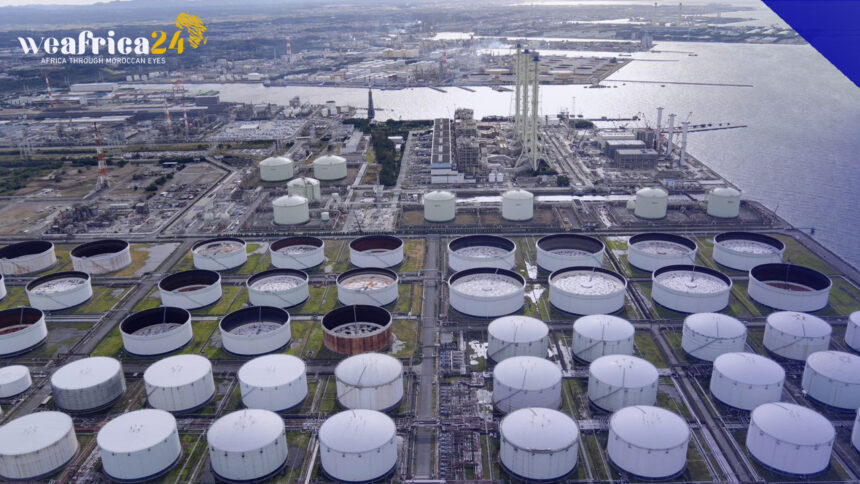South Africa has been eagerly awaiting the completion of its gas market master plan, a critical initiative aimed at reducing carbon emissions and resolving the persistent issue of chronic power outages. After numerous delays, this plan is finally ready to see the light of day.
The master plan is currently undergoing the final stages of internal review and will soon be presented to the cabinet for public comment, as confirmed by a senior official at the Department of Mineral Resources and Energy (DMRE).
One of the primary objectives of this master plan is to steer South Africa towards diversifying its energy mix, moving away from aging coal-fired power plants that are notorious for frequent breakdowns. This transition is a significant step towards reducing harmful emissions in Africa’s most developed economy.
South Africa boasts substantial gas resources, with approximately 60 trillion cubic feet (tcf) available offshore and an additional 200 tcf onshore. This valuable resource will play a pivotal role in the nation’s energy transformation.
The prolonged absence of a comprehensive master plan has created regulatory uncertainty, which has hurt potential investments, including those of French energy company TotalEnergies, which had been eyeing the development of two substantial offshore gas finds.
To address this situation, the new gas master plan has been meticulously designed to balance the demand and supply of natural gas until the year 2050. This plan is based on data rigorously gathered and verified by industry experts.
The gas master plan outlines three distinct scenarios: low, medium, and high. These scenarios indicate that gas-to-power projects will initially take center stage in South Africa’s efforts to harness this valuable resource. The country intends to repurpose decommissioned coal-fired plants to run on gas, contributing to cleaner and more reliable energy generation.
However, the plan also raises a pressing concern. South Africa primarily relies on petrochemical major Sasol’s fields in Mozambique for the bulk of its gas supply. According to the plan, an imminent gas shortage is predicted to rise by 2026 as these fields gradually run dry.







